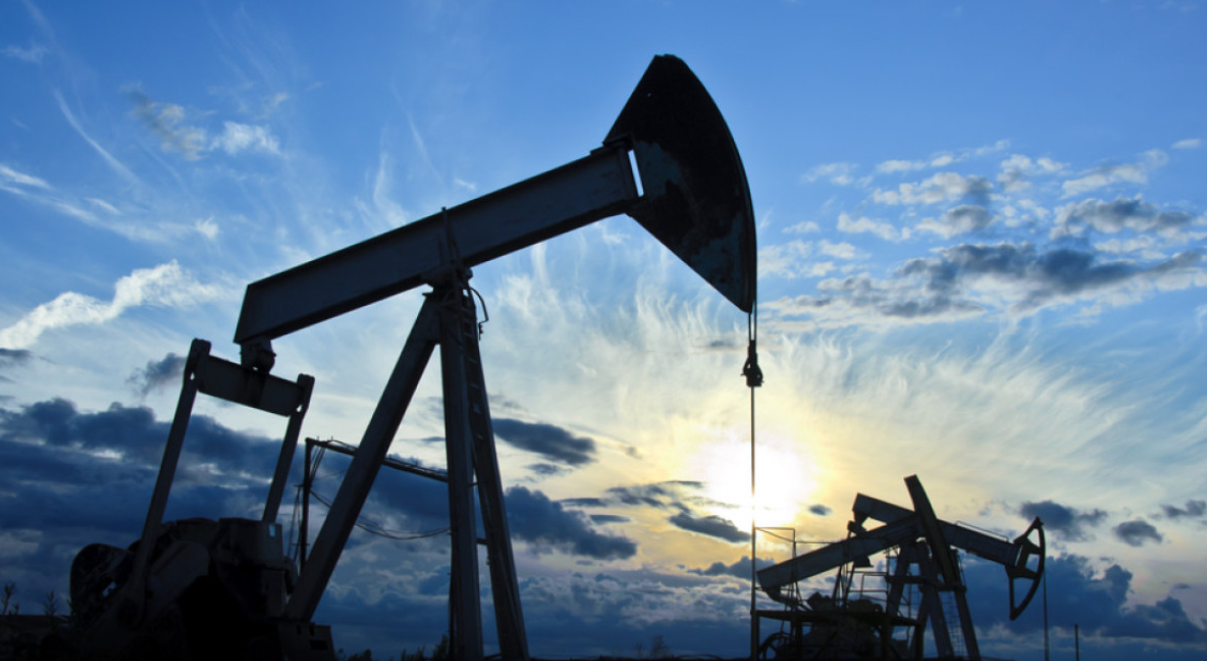Fri Aug 05, 2022
Friday / August 5
Oil prices
Global oil prices dropped on Thursday to their lowest levels since before Russia's February invasion of Ukraine.
Brent crude futures settled down $2.66, or 2.75%, at $94.12, the lowest close since Feb. 18. West Texas Intermediate (WTI) crude futures settled down $2.34, or 2.12%, at $88.54, the lowest close since Feb. 2.
The fall in oil prices could come as a relief to large consumer nations including the United States and countries in Europe, which have been urging producers to ramp up output to offset tight supplies and combat raging inflation.
An OPEC+ agreement on Wednesday to raise its output target by 100,000 barrels per day (bpd) in September, equivalent to 0.1% of global demand, was viewed by some analysts as bearish for the market.
US jobs market
The number of Americans filing new claims for unemployment benefits increased last week.
Initial claims for state unemployment benefits rose 6,000 to a seasonally adjusted 260,000 for the week ended July 30, the Labor Department said. Economists had forecast 259,000 applications.
The Bureau of Labor Statistics releases its much-anticipated nonfarm payrolls report for July on Friday. The U.S. economy is expected to have added 258,000 positions in the month, compared with the 372,000 initial June estimate and the lowest total since December 2020.
The U.S. trade deficit in goods and services meanwhile decreased to $79.6 billion in June, down $5.3 billion and slightly lower than the estimate for $80 billion.
Exports rose $4.3 billion while imports declined by $1 billion. However, the goods deficit with China rose $4.7 billion to almost $37 billion.
BoE decision
The Bank of England raised interest rates by the most in 27 years on Thursday in an attempt to smother surging inflation on track to top 13%, even as it warned a long recession is coming.
Reeling from a surge in energy prices after Russia's invasion of Ukraine, the BoE's rate-setters voted 8-1 for a half percentage-point rise in Bank Rate to 1.75%, its highest since late 2008.
Sterling fell as the BoE said Britain would enter a recession at the end of 2022 and not emerge until early 2024.
Governor Andrew Bailey said economic uncertainty was exceptionally large and that all options are open. "Returning inflation to the 2% target remains our absolute priority. There are no ifs or buts about that."
US stocks
The Dow Jones Industrial Average shed 85.68 points, or 0.26%, to 32,726.82. The S&P 500 fell 0.08% to close at 4,151.94 after hitting its highest level since June on Wednesday.
The Nasdaq Composite increased 0.41% to 12,720.58, the highest close since early May.
Taiwan tensions
Five ballistic missiles launched by China's military during exercises around Taiwan on Thursday were believed to have landed inside Japan's exclusive economic zone for the first time, Defense Minister Nobuo Kishi said.
The Defense Ministry said all five of the missiles that landed within Japan's EEZ — which extends 200 nautical miles (370 kilometers) from Japan's coast — had fallen into waters southwest of Hateruma Island in Okinawa Prefecture.
Kishi said the Japanese government delivered a diplomatic protest to Beijing over the move.
The Biden administration postponed a long-planned test of an Air Force Minuteman III intercontinental ballistic missile to avoid escalating tensions with Beijing during China's show of force near Taiwan, national security spokesperson John Kirby told a briefing on Thursday.
